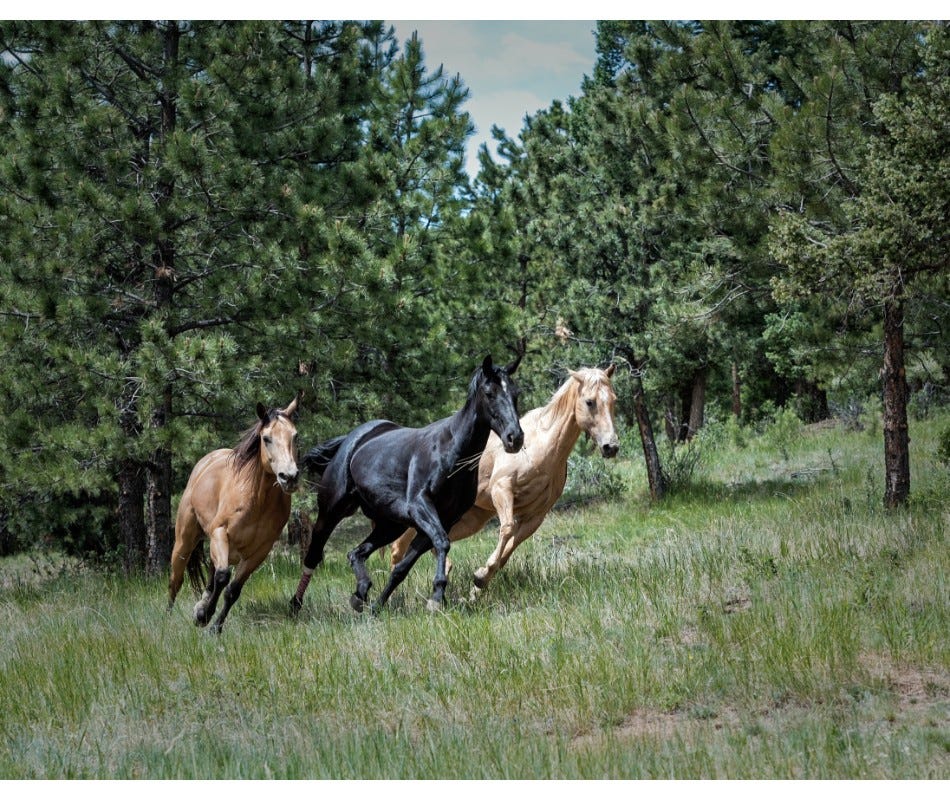We use cookies to make your experience better. To comply with the new e-Privacy directive, we need to ask for your consent to set the cookies. Learn more
Care Tips to prevent gastric ulcers in performance horses
Managing a performance horse is a balancing act between diet, exercise, environment and conditioning. Like most athletes, performance horses are more susceptible to injuries and illness as a result of pressures on the body to perform.
Over the last few years there have been several reports that have confirmed the link between performance horse training and Equine Gastric Ulcer Syndrome (EGUS).
Lifestyle adjustments to prevent gastric ulcers
Travel Tips
Travelling can place a lot of strain on a horse and create stress that can then bring on gastric ulcers. Travelling for competition is unavoidable. What you can do to lessen the impact on your horse though is get to the event a few days earlier and turn your horse out. This combined with a preventative gastric ulcer medication will ensure your horse remains healthy and ready to compete. Reducing stall confinement and enabling socialization amongst other horses will also provide a more relaxing environment for your horse pre and post competition.

Feed Management
When to feed your performance horse is crucial to their success. Removing hay 4 hours before competing will avoid “gut fill”. The only exception to this is endurance horses who require a longer length of time to use their energy stores.
When it comes to day to day feeding your horse requires the basics of forage but also the added energy and nutrients of oats and some oils. There are some great online calculators that can help you work out the working grade of your horse, and then with some information about the horse such as weight and type of forage eaten, you will be given a very detailed listing of supplements and feed required.
Quality is the key to feeding your horse. Ensure hay is free from dust, mould or allergens. If you need to, get your hay tested to determine quality. Taking precautionary measures for your horse such as feed testing can alleviate medical issues down the road.
Veterinary Check Ups
At least every 6 months have your vet do a full work up on your horse. As experienced as you are at checking your horse over and knowing their habits and personality a vet can help identify any lameness or the start of any health concerns. A full blood workup will tell you if their levels are on track and keep your horse in top condition.
What are symptoms of Equine Gastric Ulcers ?
How do you know if your horse is suffering from Equine Gastric Ulcer Syndrome (EGUS)? There are a number of signs to look out for. They include:
- Change in attitude
- Dull coat condition
- Decrease in weight
- Teeth grinding and,
- A reluctance to train or drop in performance
Treatment and Prevention of Gastric Ulcers
If your horse is displaying these symptoms consider commencing them on a course of Abprazole. These “blue pop rocks” have an enteric coating which ensures the medication gets to area for treatment.. The bright blue granules assist you in identifying if any have been missed. A once daily dosage will not only set your horse on the road to recovery but is also an easy preventative measure. An affordable and cost effective solution to EGUS that is easily transportable. Single dose sachets can be easily stored in your trailer or stable.
There is no reason why preventative treatment of gastric ulcers for your performance horse shouldn’t be a priority. Your horse has a large job to do, and do it well. Give them the best chance by reducing the discomfort of travel and competition. Prevent gastric ulcers and you will prevent poor performance.








Validate your login